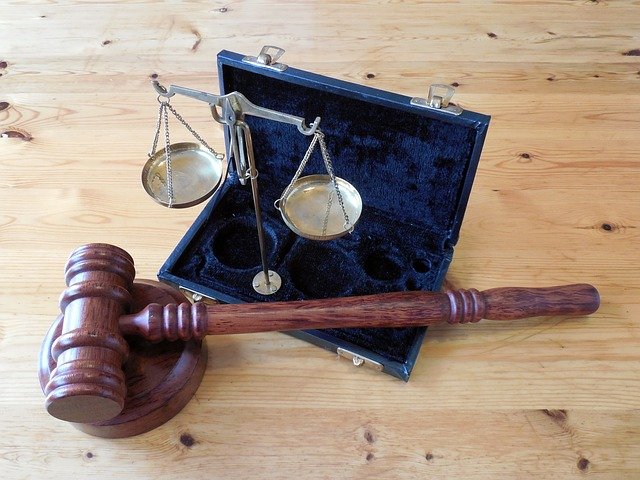Geographical Indications under Cyprus Law
Intellectual Property series

Cyprus is a member state of European Union since 2004. After the accession, the Parliament of the Republic of Cyprus has altered the Cyprus constitution in order to elevate EU law above the Cyprus Constitution. A new article was added to the Cyprus Constitution, article 1A which reads as follows,
“No provision of the Constitution shall be deemed to invalidate laws enacted, acts carried out or measures taken by the Republic which are made necessary by its obligations as a member state of the European Union nor prevent Regulations, Directives or other acts or binding measures of a legislative nature enacted by the European Union or by the European Communities or by their institutions or by their competent bodies on the basis of the treaties establishing the European Communities or the European Union from having legal force in the Republic.”
The Geographical Indications (GIs) are protected in Cyprus through a network of national legislation , namely, the 2006 Act on the Protection of Appellations of Origin and Geographical Indications of Agricultural Products and Food (L. 139(I)/2006), and the 2011 Act on the Recognition of Agricultural Products and Foodstuffs as Guaranteed Traditional Unique Products (L. 43(I)/2011).
The national legislation according to Article 1A of the constitution isinferior to the EU legislation with regards to the EU relevant legislation.
The EU legislation currently applicable in Cyprus are, the Regulation (EU) No 1151/2012 of the European Parliament and of the Council of 21 November 2012 on quality schemes for agricultural products and foodstuffs, the Commission Implementing Regulation (EU) No 668/2014 of 13 June 2014 laying down rules for the application of Regulation (EU) No 1151/2012 of the European Parliament and of the Council on quality schemes for agricultural products and foodstuffs, the Commission Delegated Regulation (EU) No 664/2014 of 18 December 2013 supplementing Regulation (EU) No 1151/2012 of the European Parliament and of the Council with regard to the establishment of the Union symbols for protected designations of origin, protected geographical indications and traditional specialties guaranteed and with regard to certain rules on sourcing, certain procedural rules and certain additional transitional rules and the Commission Delegated Regulation (EU) No 665/2014 of 11 March 2014 supplementing Regulation (EU) No 1151/2012 of the European Parliament and of the Council with regard to conditions of use of the optional quality term ‘mountain product.
The Following symbols are used with regards to GIs,

PDO

PGI

TSG
PDO identifies products that have been manufactured or processed in specific geographical area on certain specifications. The ingredients originate from the specific geographical area but the quality, fame or any other characteristic are immediately connected to the geographic area.
PGI identifies products that have been manufactured or processed in specific geographical area on certain specifications. The ingredients do not necessarily originate from the specific geographical area but the quality, fame or any other characteristic are immediately connected to the geographic area.
TSG’s are products that, are not connected with a specific geographic region and the composition , the production, or the processing represents the traditional practice for the said product or the composition or ingredients are the ones traditionally used for this product.
Beside the national and EU legislation that protects TSG’s, PGI’s and PDO's the Trademarks Act Chapter 268 considers the existence of TSG’s, PGI’s and PDO's as an absolute ground for refusal for the registration of trademarks and it gives the right to file a cancellation action against to any trademark registered and an opposition to any pending application.
Other Articles on the same series
Conversation of an EU trademark when the application has been withdrawn within the Appeal period. The Nightwatch case.

Trademarks and Types of Trademarks

Opposing a Cyprus National Trademark registration, the procedure under the Amended Trademarks Act.

"The end of law is not to abolish or restrain, but to preserve and enlarge freedom."
–John Locke
© Copyright MICHAELIDOU & CONSTANTINOU L.L.C



